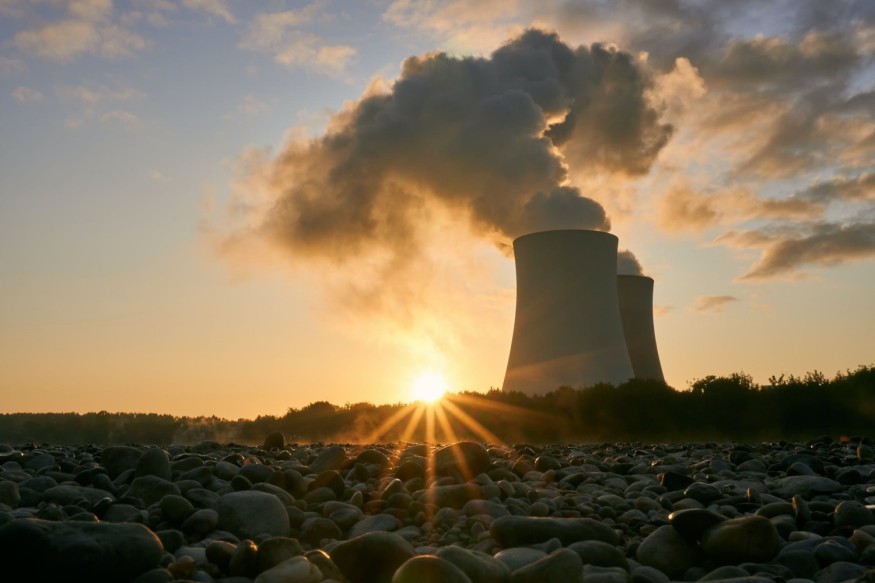
Experts expressed belief that the reliance on nuclear power is expected to grow following some countries move to shift towards the use of fossil fuels.
A report on Associated Press said that a number of the 30 countries, which are depending their nuclear energy from some 440 plants, are importing radioactive materials from Russia's state-owned energy corporation Rosatom, including the firm's subsidiaries.
The said company is known to lead the global landscape when it comes to uranium enrichment, and it has also secured the third spot in terms of uranium production and fuel fabrication.
Some nuclear energy advocates have remarked that the United States as well as other European countries would face difficulty when it comes to cutting off imports of Russian nuclear products.
Read Also : Nuclear Power to Help Achieve Zero-Emission Electricity Systems, 10- 20% Decarbonization May Now Be Possible
Nuclear power reliance
An entry posted on Energy Monitor stated that some of the European countries' reliance and dependency over Russia for nuclear energy is forecasted to considerably increase.
It said that by 2040, up to 78 percent of Hungary's electricity could be acquired from Russian-made reactors. On the other hand, Bulgaria is facing the prospect of a 37 percent Russian reactor-dependent electricity grid by the same date.
Meanwhile, in terms of nations outside the EU, Armenia and Sudan are also gearing towards up to 111 percent and 96 percent electricity dependency on Russian-made reactors, respectively, by 2040.
Aside from nuclear energy, Russia is known to be the world's largest exporter of natural gas, second-largest exporter of oil, and third-largest exporter of coal.
Research has shown that Russia's portfolio of foreign orders, which include reactor construction, fuel provision and other services, was massively distributed among 54 countries.
With this, Rosatom has claimed this to be worth more than US$139 billion over a ten year period, noting that these have not been covered by Western sanctions.
At present, experts see that nuclear energy could be Russia's "overlooked trump card" in a decarbonizing world. The dependency on their nuclear energy could actually be traced years ago.
Meanwhile, there have been observations that the positive assessments of Rosatom's international nuclear energy engagements have gone more naive after Russia's invasion of Ukraine, at least in European nations that are known to be heavily dependent on Russian fossil fuels.
"For most Western-aligned states, it will be inconceivable to enter into any type of new dependence or even non-dependent cooperation with Russia in the nuclear energy sector. Consequently, alternative sources and supply chains will need to be found that eventually will lead to a reduction of the global dependency on Rosatom's nuclear fuel-production capacity," an entry posted over Nature Energy indicated.
Importation
An ABC News report recently disclosed that the US and some European allies are importing huge amounts of nuclear fuel and compounds from Russia.
These purchases are seen to give Moscow with hundreds of millions of dollars at a time that they need revenues as they continue to engage war with Ukraine.
The sales, which are legal and unsanctioned, have raised concerns from nonproliferation experts and elected officials as they believed that these would go against efforts to curb Russia's war-making abilities.
Related Article : Advocates Claim that Nuclear Power May Help Cut Global Emissions in Half
Related Video:
© 2026 NatureWorldNews.com All rights reserved. Do not reproduce without permission.





